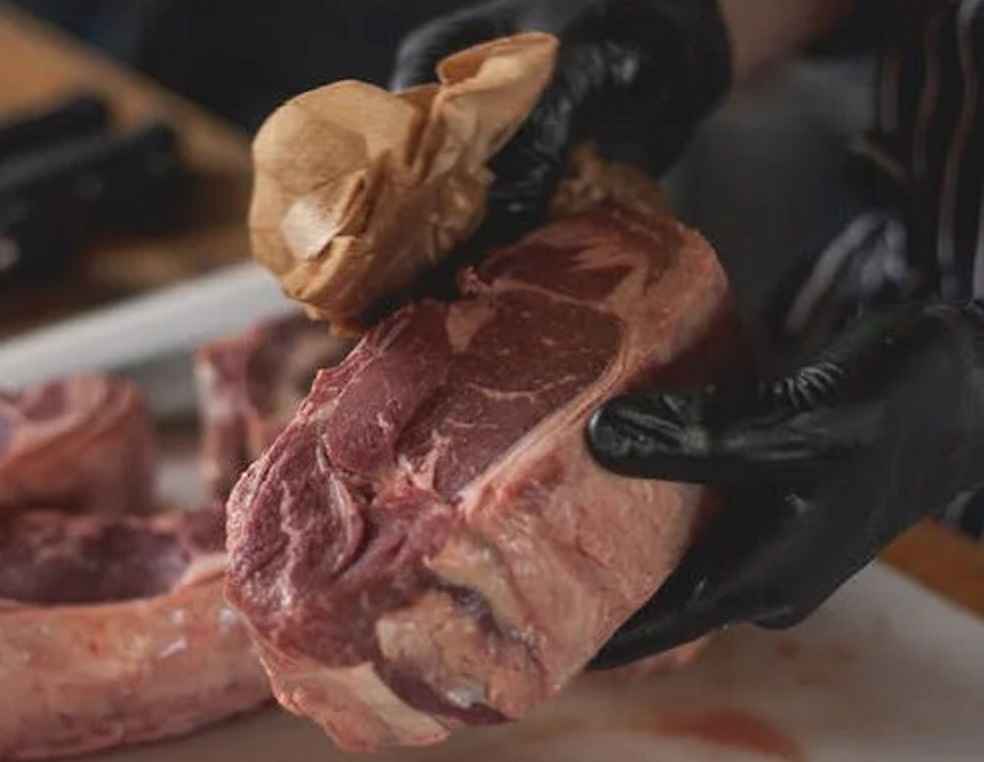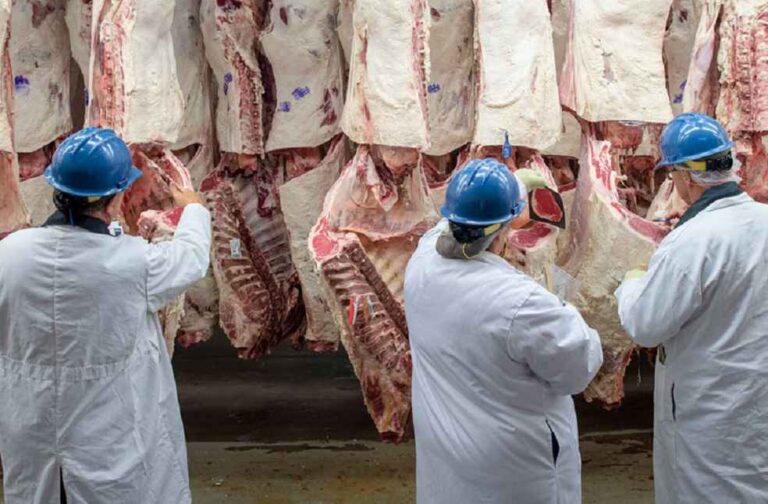China has halted imports of beef and related products from South Africa due to ongoing foot and mouth disease (FMD) outbreaks in Mpumalanga, Gauteng, and KwaZulu-Natal provinces of South Africa.
The Red Meat Industry Services in South Africa (RMIS) has raised serious concerns about the economic impact of the ban, highlighting its wide-reaching effects on the red meat supply chain, from producers and feedlots to abattoirs and exporters.
Despite the Memorandum of Understanding (MoU) signed between South Africa and China in September 2024 to strengthen bilateral trade and improve FMD prevention and control, China still enforced the ban. The agreement was intended to facilitate beef exports from FMD-free provinces, promoting regionalization to limit trade disruptions during outbreaks.

RMIS CEO Dewald Olivier underscored the vulnerability of South Africa’s export markets to biosecurity threats, emphasizing the economic toll on farmers and the entire red meat value chain. While acknowledging China’s biosecurity protocols, he expressed deep concern about the impact of the suspension.
RMIS also recognized and valued the prompt escalation of control measures by the Department of Agriculture, which included swift action, containment strategies, and reinforced biosecurity efforts.

To curb the spread of FMD, the South African Department of Agriculture advised livestock farmers to restrict animal movements and follow biosecurity measures. Auctioneers and livestock owners are encouraged to exercise caution when acquiring animals, particularly from regions experiencing active FMD outbreaks.
In 2024, South Africa’s beef exports increased by 30%, reaching 38,657 tons. China accounted for 14% of the country’s frozen beef shipments, reinforcing its importance as a key market for South African producers.
GLOBAL EVENTS | ET Edge SCM Fest 2025 to Drive India’s Logistics Transformation



